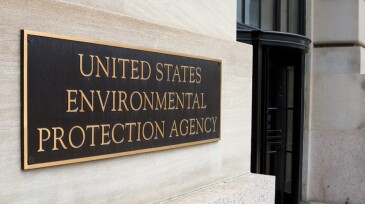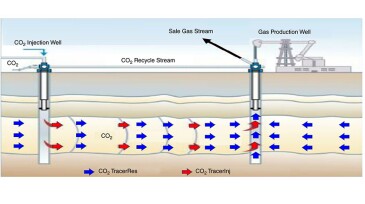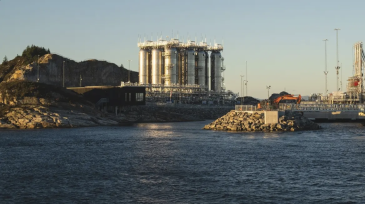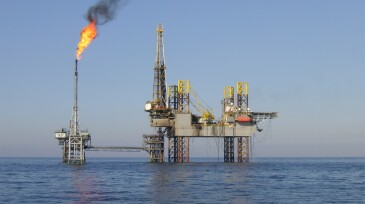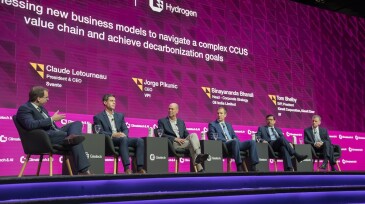CO2 emissions
-
The US Environmental Protection Agency withdraws its legal basis for federal vehicle GHG standards, setting up potential court challenges.
-
This study explores the feasibility of implementing in-situ carbon dioxide recycling for sequestration as a fit-for-purpose developmental strategy for a Malaysian gas field characterized by an initial carbon-dioxide content of approximately 60%.
-
This paper aims to describe the role of liquefied natural gas as a transitional energy source for automobile transportation in Nigeria.
-
The first phase of the Norwegian project is expected to receive its first carbon dioxide this year, with the second phase slated to start operations in late 2028.
-
The increase in flaring emissions was led by operations in the Middle East, Africa, and Russia.
-
Stable policies and economics that encourage development are critical for scaling carbon capture.
-
Cost concerns temper public appetite for clean energy while companies struggle to find investors for projects.
-
Transition requires action, not perfect technology, but challenges remain around scalability, cost, and revenues.
-
The North Sea Transition Authority has previously said failure to invest in platform electrification could threaten future production rights.
-
One is on Earth, and one is not. But the knowledge transfer between the oil patch and off-world has fueled meaningful technological advances for all involved.
Page 1 of 4

